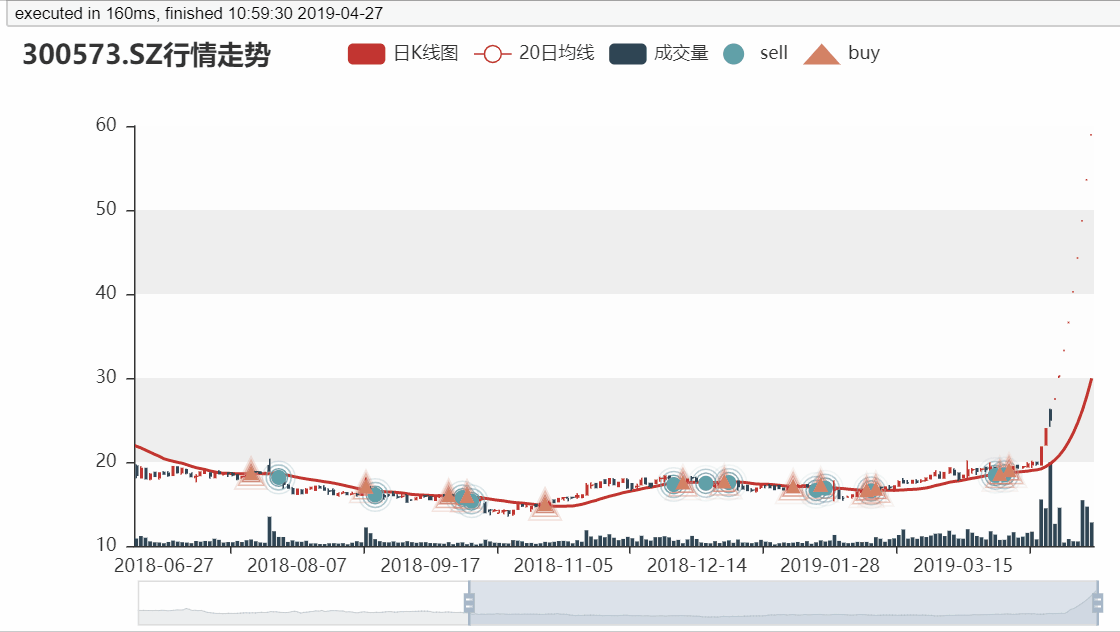

- #PSYCOPG2 POSTGRES.APP WRONG PATH HOW TO#
- #PSYCOPG2 POSTGRES.APP WRONG PATH PASSWORD#
- #PSYCOPG2 POSTGRES.APP WRONG PATH DOWNLOAD#
Last release supporting that version under legacy downloads.

If the version is no longer supported, you can find the
#PSYCOPG2 POSTGRES.APP WRONG PATH DOWNLOAD#
If the required version is still supported, you can download a different bundleįrom this page. This error means that the binaries for this server are not included in the installedīundle. Is available bundled with either a single or all currently supported versions of Postgres.app includes the PostgreSQL binaries inside the application package. The following list contains all errors which may occur while you’re using Postgres.app. If you find yourself doing this too frequently, you're not getting the most optimal performance and you'd better have very good reasons for keeping your databases separate at that point.Troubleshooting & Support Warnings Reindexing required / Reindexing recommended

Feels dirty but it's possible.Īs mentioned though, this is not very efficient. Similarly, if you really have to, you can create a "remote" server against the localhost and point to a different local database for cross database queries. Needless to say, this requires connectivity between the two servers. Now locally you can just run SELECT * from local_table_nameĪnd the query will get executed against the remote host. OPTIONS ( schema_name 'remote_schema_name', table_name 'remote_table_name')
#PSYCOPG2 POSTGRES.APP WRONG PATH PASSWORD#
OPTIONS (user 'remote_user', password 'remote_user_password') ĬREATE FOREIGN TABLE local_table_name (id int, value int) OPTIONS (host '', port '5432', dbname 'remote_db')
#PSYCOPG2 POSTGRES.APP WRONG PATH HOW TO#
A simple example on how to hook up the wrappers: CREATE EXTENSION postgres_fdw This does become more complicated in your schema definition but brings remote tables from host database remote_db to appear as though they live on localhost in database local_db. What you're looking to do you can solve on the database level by using Foreign Data Wrappers. psycopg2 is just a library that simplifies accessing and manipulating data coming out of PostgreSQL but it doesn't go far beyond what you can do with psql. Yes, it is possible to work with multiple databases at the same time but you're looking in the wrong place. Or will I have to copy (export / import) the data from remote_db to local_db first? Is it possible to work with multiple databases at a time? How? The ATTACH TABLE command (as described in the solution here) does apparently not exist in Postgres / psycopg2. There will be an error in the style of psycopg2.NotSupportedError: cross-database references are not implemented: "local_db.public.new_table". Local_db. AS col_from_localįROM remote_db.public.remotetable, local_db.public.localtable""") So I was thinking I probably need two different cursors: conn_local = nnect(dbname='local_db', host='localhost')Ĭonn_remote = nnect(dbname='remote_db', host='')īut how can I address those databases? For instance, when I try to join data from both tables: curs_local.execute("""

However, I can't figure out a way how to do that using psycopg2. Similar to this question, I would like to work with both databases at the same time. I have two different Postgres databases on two different servers (one is actually local).


 0 kommentar(er)
0 kommentar(er)
